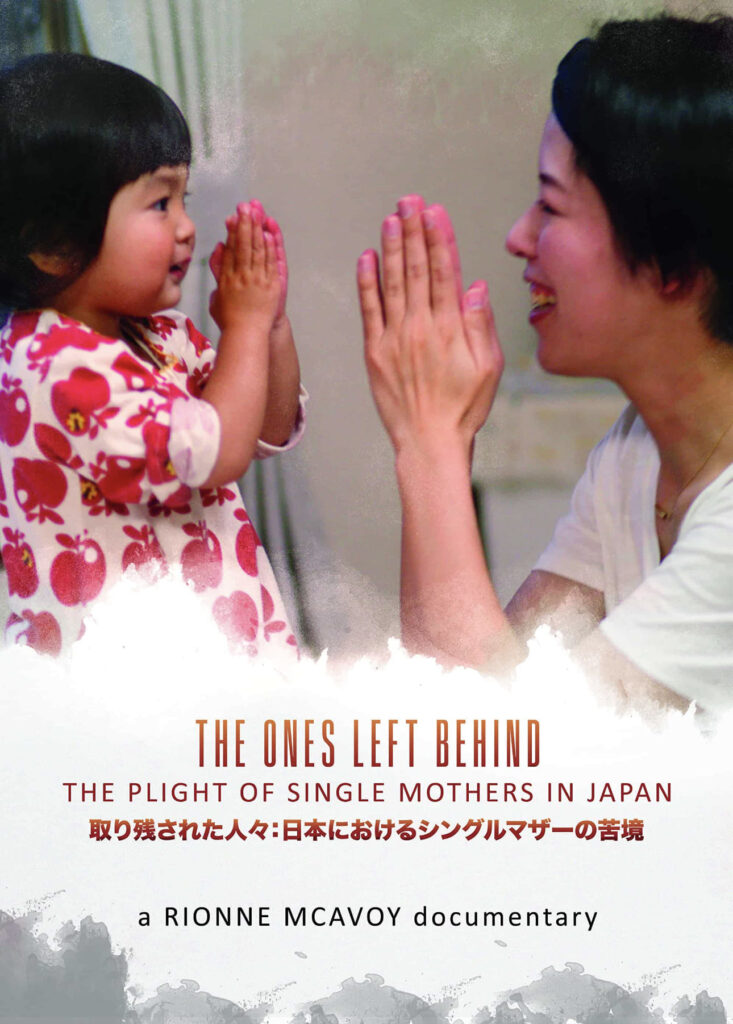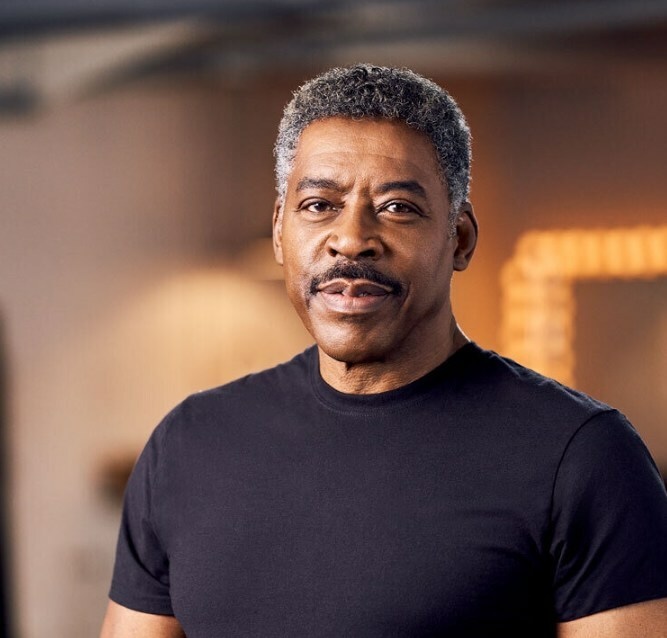As divorce rates continue rising all over the world, a new problem seems to be emerging as a direct consequence of this; an ever-increasing number of single-parent families. Nowhere is this more evident than in Japan, which has one of the highest divorce rates in Asia and one of the highest numbers of annual divorces in the World according to a 2009 UN study.

The challenges faced by single parents are even more exacerbated by the social, political and cultural structure of Japan, with women disproportionately affected by the issue. The Ones Left Behind: The plight of single mothers in Japan, is a documentary film that highlights some of the challenges faced by single mothers in Japan. Directed by Rionne Mcavoy, the documentary focuses on the lives of a number of women to paint the broad picture of life as a single mother in Japan and the miserable lives most of these mothers are forced to live on their quest to raise and provide for their children.
But what is root cause of this plight among single mothers? The documentary points to the underlying Japanese social and work culture as the major cause to this. The traditional Japanese family structure, like in a lot of cultures, is based on a bread-winner father and a child-rearing mother. In cases of divorce, women are usually poorly equipped to take over both roles of mother and bread-winner. Even when they are, the work culture heavily tilts out of their favor. Jobs in Japan prefer university graduates for the lucrative jobs. This, coupled with their limited work experience and inability to work long hours leads these single parents to only take the low-paying jobs that barely pay enough to provide for themselves and their children.
This is only made worse by the already existing pay gap not only between men and women but also between married and unmarried women. Lack of a co-parenting and baby-sitting culture also means the entire lives of these women are fully occupied by work and child-care, which can eventually take a toll on their mental and physical health.

Weak or non-existent government structures are also a big contributor to the deplorable lives led by single mothers in Japan. Political issues such as access to single-parent child-support allowances which is based on cumulative family income instead of individual income play a big role in this. It sometimes leaves out deserving single parents from much-needed income that could improve the quality of their lives and those of their children. The government also considers child support from the father as income for the mother, and this often pushes the mothers beyond the income threshold required to qualify for government assistance. The government also does little to enforce child support payments, leaving up to 80% of single mothers struggling to raise children all on their own.
All these contributors serve as a hindrance to single mothers earning or getting enough financial assistance to cover their needs and those of their children. This indirectly affects their children who are predisposed to inter-generational poverty since their parents don’t have enough resources to invest in their education and their future. Long working hours served by these women in an attempt to earn more money also lead to absentee parenthood and this can also affect their children psychologically. The financial desperation faced by these single mothers, together with the reinforced belief that children belongs to their mother and the social stigma associated with not being able to take care of your children can eventually lead to murder-suicides as highlighted in the Chibu case where a mother killed her 13-year-old daughter to avoid being homeless and being unable to take care of her.

But The Ones Left Behind doesn’t stop at just highlight problem faced by single mothers in Japan. It proposes suggestions that can help single mothers in future to live a normal life and prevent inter-generational poverty. The readjustment of social nets for single mothers, especially in terms of government allowances and a stricter enforcement of child support payments can go a long way to help lift these women from below the poverty line. The government can also work to introduce a strong co-parenting structure that allows fathers to be more present in their children’s lives as well as to ease the burden that single mothers often have to shoulder alone. Improved labor laws in terms of working hours and better opportunities for mothers seeking to re-enter the workforce can also play a major role in helping ease the financial burden on single mothers.

Left Behind: The plight of single mothers in Japan is a film that documents the struggles that single mothers go through. Through the exposure provided by the film and others like it, we can hope that the Japanese government will take note and take steps to improve the lives of mothers across Japan and convert divorce and single-motherhood from the poverty trap that it currently is into an alternative meaningful and fulfilling life for both mothers and their children.








